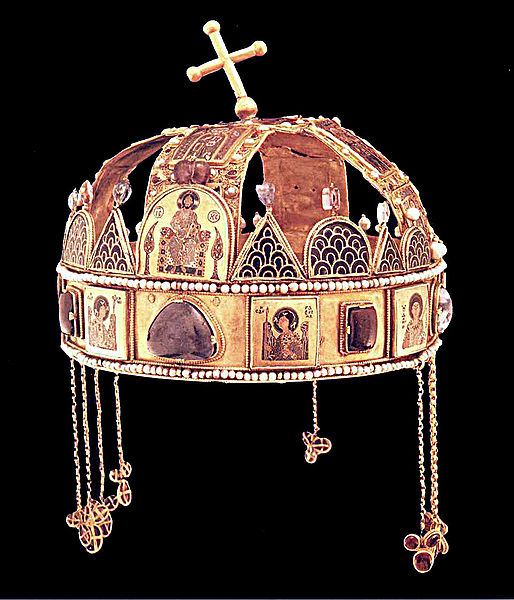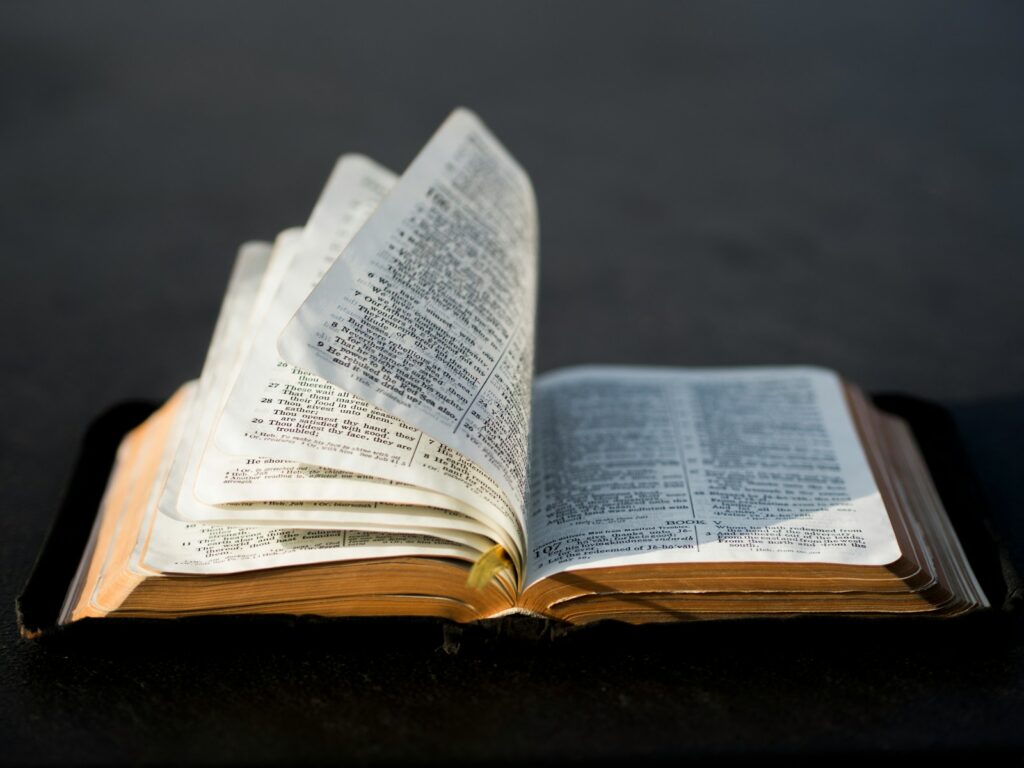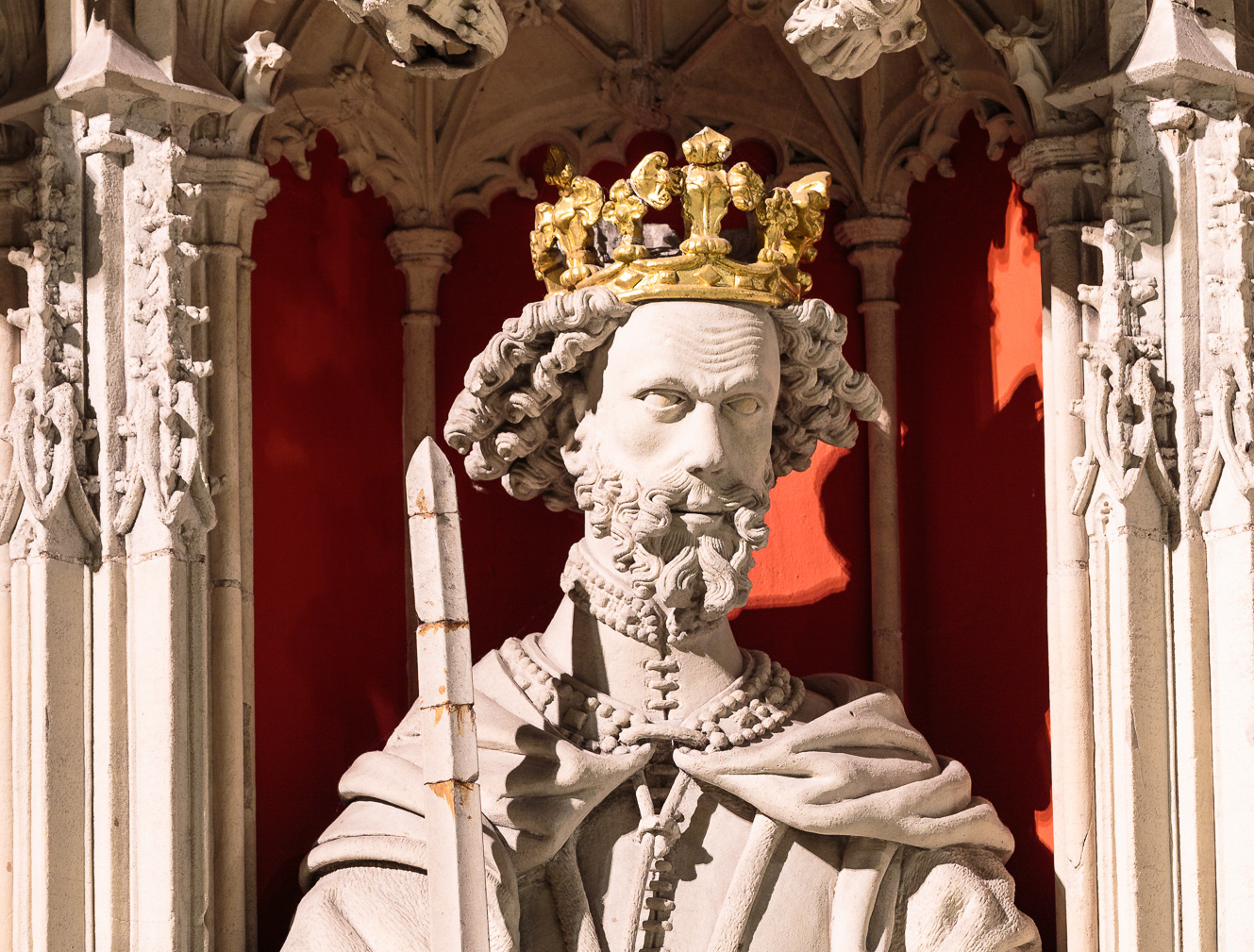
Ever wondered about the names we carry, the echoes of history embedded in simple syllables? Today, we’re diving deep into a name that has resonated through millennia, a name steeped in profound meaning, heroic tales, and surprising twists that connect ancient texts to modern popularity charts. We’re talking about Stephen – yes, that Stephen! It’s more than just a common moniker; it’s a linguistic journey, a theological cornerstone, and a cultural phenomenon all rolled into one.
Forget what you thought you knew about this seemingly straightforward name. From its majestic origins in ancient Greece to its pivotal role in the earliest days of Christianity and its fascinating shifts in global popularity, Stephen holds a treasure trove of stories. Think of it as a historical deep-dive, but with all the juicy bits you’d expect from a viral listicle. Ready to uncover some truly mind-blowing revelations that will make you see ‘Stephen’ in a whole new light?
We’ve scoured the depths of history and linguistics to bring you 14 unforgettable insights. Get ready to have your perceptions challenged as we peel back the layers of a name that has truly shaped, and been shaped by, human civilization. Let’s kick off our epic exploration with where it all began: its powerful, original meaning.

1. **The Royal Roots: ‘Stéphanos’ and What It Really Meant**Let’s start at the very beginning, a very good place to start, especially when we’re talking about a name as old and distinguished as Stephen. Our journey takes us back to Ancient Greece, the birthplace of democracy, philosophy, and, evidently, this particular name. The English name “Stephen” (and its common variant “Steven”) doesn’t just appear out of thin air; it’s directly derived from the Greek Στέφανος (Stéphanos).
Now, ‘Stéphanos’ isn’t just a jumble of letters; it carries a truly regal and celebratory meaning. It stems from the Greek word στέφανος (stéphanos), which literally translates to ‘wreath, crown.’ But it doesn’t stop there. By extension, this powerful word also signified ‘reward, honor, renown, fame.’ Imagine receiving a laurel wreath after winning a contest – that’s the kind of honor and recognition embedded in the very fabric of this name.
The linguistic roots go even deeper, connecting to the verb στέφειν (stéphein), meaning ‘to encircle, to wreathe.’ This verb paints a picture of honor being bestowed, of someone being adorned with symbols of achievement. So, when you hear the name Stephen, you’re not just hearing a name; you’re hearing an echo of ancient triumphs, of champions being celebrated, and of individuals being recognized for their greatness. Pretty epic for a name you might hear every day, right?

2. **Saint Stephen: The OG Martyr Who Changed Everything**From its majestic Greek origins, the name Stephen quickly stepped onto the stage of world history, particularly within the burgeoning Christian faith. This isn’t just some historical footnote; it’s a cornerstone event. The name “Stephen” is particularly significant to Christians, as it belonged to Saint Stephen (Ancient Greek: Στέφανος Stéphanos), an early disciple and deacon. And let’s be clear, this guy wasn’t just *any* early disciple.
According to the Book of Acts, Saint Stephen faced a brutal end: he was stoned to death. This grim fact, however, cemented his legacy in an extraordinary way. He is widely regarded as the first martyr (or ‘protomartyr’) of the Christian Church. Think about that for a second: the *very first* person to die for their Christian faith carried this name. This gives the name Stephen an almost sacred gravitas, linking it directly to ultimate sacrifice and unwavering devotion.
His story isn’t just one of suffering; it’s a testament to profound conviction. His apology before the Sanhedrin (Acts of the Apostles 7) isn’t just a defense; it points to a distinct strand of belief in early Christianity. His final words, a prayer of forgiveness for his attackers (Acts of the Apostles 7:60), mirror those of Jesus on the cross, creating a powerful echo that has resonated through centuries of faith. It’s a foundational narrative, making Stephen a name synonymous with courage and conviction.

3. **A Global Phenomenon: Stephen’s Many Voices Around the World**If you thought Stephen was just an English name, prepare to have your mind blown! Like all biblical names, Stephen has transcended geographical and linguistic boundaries, morphing into a spectacular array of forms in countless other world languages. It’s like watching a single melody get interpreted by orchestras all over the globe, each adding its unique flavor while retaining the original essence. This name is truly a linguistic chameleon!
Take a linguistic world tour with us! In Spanish and Filipino, you’ll find ‘Esteban.’ Portuguese offers ‘Estêvão,’ while Catalan gives us ‘Esteve.’ Venturing into French, you’ll hear ‘Étienne,’ ‘Stéphan,’ or ‘Stéphane.’ Eastern Europe presents a rich tapestry of variations, including ‘István’ in Hungarian, ‘Štefan’ in Slovak and Slovene, and ‘Stefan’ in Albanian and Polish. It’s a testament to the name’s enduring appeal that so many cultures have embraced and adapted it.
The journey continues across continents: ‘İstefanos’ in Turkish, ‘Tapani’ in Finnish, ‘Sitiveni’ in Fijian, and ‘Tipene’ in Māori are just a few more examples. Each variant tells a story of cultural exchange and the universal human practice of naming. It’s a powerful reminder that while languages may differ, certain foundational concepts and historical figures, like Saint Stephen, leave an indelible mark across diverse societies. The name isn’t just a word; it’s a passport to global culture!
4. **From Circles to Crowns: The Surprising Evolution of ‘Stéphanos’**We talked about ‘wreath’ and ‘crown,’ but did you know the original meaning of the Greek στέφανος (stéphanos) was even more fundamental? This is where language gets really cool and shows its dynamic nature. Originally, as the verb ‘to encircle’ suggests, the noun had a more general meaning of any ‘circle.’ Yes, you read that right – just a circle! This humble origin is far from the regal connotations we now associate with ‘crown.’
This ancient, more general sense of ‘circle’ shows up in some pretty epic texts. Its earliest recorded use, for instance, is found in the *Iliad* of Homer, where it describes the ‘circle of a fight.’ Imagine a boxing match, and the crowd forming a circle around the combatants – that’s the kind of ‘circle’ being referenced. It’s less about adornment and more about a boundary, a grouping, or a literal enclosure.
Over time, however, the meaning elegantly shifted and evolved, gravitating towards the more specific and prestigious ‘crowning wreaths’ given to winners of contests in Ancient Greece. This transformation from a simple ‘circle’ to a symbol of ‘reward, honor, renown, fame’ is a linguistic journey in itself, mirroring perhaps the journey of individuals who rise from humble beginnings to achieve greatness. It’s a fascinating insight into how words gain layers of meaning over centuries.

5. **Hellenist Hero: Stephen’s Role in Early Christian Diversity**Stepping back into the biblical narrative, Stephen wasn’t just a Christian; he was a ‘Hellenist.’ This isn’t just a fancy title; it tells us a lot about the vibrant, diverse, and sometimes challenging environment of the early Christian community in Jerusalem. Chapter 6 of Acts of the Apostles tells us explicitly that he was a Hellenist, which means a foreign-born Jew who spoke Greek. This distinction is crucial for understanding his unique position.
The early Christian community in Jerusalem wasn’t a monolithic group. It consisted of both Hebrew-speaking Jews and these Greek-speaking Hellenist converts, who probably formed a minority. And like any growing community, they faced internal challenges. The Hellenist converts, in particular, complained that the care of their elderly widows was being neglected by the Hebrew-speaking majority. This wasn’t just a logistical problem; it was an early test of unity and inclusivity within the nascent church.
In response to this pressing issue, the Apostles, recognizing the ‘press of responsibilities,’ instructed the congregation to select seven deacons specifically for this community service. Stephen was among those chosen and ordained. He quickly distinguished himself, becoming the best known of the seven, and was recognized as a man with “special gifts as an evangelist.” His Hellenist background made him a bridge-builder, navigating the cultural nuances within the early faith and showcasing the diverse foundations of Christianity.

6. **A Man on Trial: Stephen’s Fiery Confrontation with Power**Stephen’s passionate evangelism and his distinct theological views didn’t just win him followers; they stirred up a hornet’s nest of opposition. As he engaged in religious discussions among the adherents of synagogues of Diaspora Jews in the capital, the growth in the number of Jewish converts, including ‘many of the priests,’ provoked a significant reaction. It seems his message was too powerful, too challenging for the status quo.
The intensity of the opposition led to a dramatic confrontation. Stephen was summoned before the Sanhedrin, which was the supreme rabbinic court in Jerusalem. This was no minor court appearance; it was the highest authority, and the charges leveled against him were serious: speaking against ‘this holy place and the law.’ While the charge sounds general, it was a potent accusation, implying blasphemy and subversion of foundational Jewish tenets. This was a direct challenge to the establishment.
The report of his defense before the Sanhedrin is our primary resource for understanding Stephen’s convictions. His response, though Jewish in its concerns, notably followed Hellenistic rhetorical conventions, showcasing his unique blend of cultural influences. This trial wasn’t just about Stephen; it was about the clash of emerging Christian thought with established religious authority, a pivotal moment that would ultimately lead to his martyrdom and further galvanize the new faith.

7. **Temple Troubles: Stephen’s Radical Take on Sacred Space and Law**Here’s where Stephen’s views get really provocative and set him apart even from many early Christians: his theological stance on the Temple in Jerusalem and its sacrificial cult. He wasn’t just critical; he was ‘bitterly opposed’ to it. This wasn’t a minor disagreement; it was a fundamental challenge to a central institution of Judaism, a place revered as the dwelling of God.
While Stephen revered the Law of Moses, considering it the true law or ‘living oracles’ delivered by Moses, he saw the Temple cult as an ‘illegitimate part of it.’ For him, Moses was ‘both ruler and deliverer,’ who had promised that God would raise up another prophet (Jesus) as he had raised up Moses. Stephen, therefore, seems to have viewed Jesus as the ‘restorer of Mosaic religion,’ bringing it back to its pure, original form, free from what he perceived as the corrupting influence of the Temple.
In his powerful discourse, Stephen contrasted figures like Aaron with Moses, and the Temple with the simpler ‘tent’ or tabernacle, even positioning Solomon (who built the Temple) against David (who was persuaded not to). His most striking statement? He seemed to view the very building of the Temple as ‘a bit of idolatry,’ drawing a parallel to Aaron’s golden calf. His belief that ‘the Most High does not dwell in houses made with hands’ was a radical assertion, one that certainly didn’t win him any favors with the Temple authorities. It’s a testament to his independent and original conviction, challenging norms in a way that profoundly impacted early Christian thought.

8. **Stephen’s Unwavering Faith: The Dramatic Martyrdom and Its Echoes**Stephen’s story culminates in one of the most poignant moments in early Christian history: his martyrdom. After his fiery defense before the Sanhedrin, he was dragged outside the city walls for public execution. This act starkly tested the burgeoning Christian faith.
The prescribed penalty for blasphemy was stoning to death. Stephen’s final moments, however, were marked by profound spiritual experience. Acts 7:55-56 describes a breathtaking vision: “But Stephen, full of the Holy Spirit, looked up to heaven and saw the glory of God, and Jesus standing at the right hand of God.”
His final words, a prayer echoing Jesus’ on the cross, pleaded forgiveness for his attackers. “Look,” he declared, “I see heaven open and the Son of Man standing at the right hand of God.” Just before the stones claimed his life, he uttered this powerful resonance.

9. **Beyond the Crown: Stephen as the “Corona Radiata” of Faith**Stephen’s story has an intricate, almost biological, symbolic layer. Scholars draw parallels between Stephen’s role and the “Corona Radiata” in human biology.
The Corona Radiata is a layer of follicular cells that lovingly surround and protect an ovum during fertilization. Stephen’s wisdom and evangelism, described in Acts 6:9-10, are likened to this protective layer. His role was to guard the nascent Christian “ovum” – the pure Word of God – from “mankind’s many ideas that are wonderfully exiting but can’t prove their consistency.”
This insight into the “literary super-structure of the Biblical narrative” is brilliant. The “Zona Pellucida,” part of this system, becomes “hard and impenetrable” once fertilization occurs. This hardening “corresponds to the dying of Stephen,” sealing the early Christian message and making it resilient.

10. **The DNA of Belief: Stephen’s Sermon and the Biblical Fractal**Stephen’s legendary sermon before the Sanhedrin (Acts 7) is considered by scholars a microcosm of the entire biblical narrative, following a fractal structure. The Bible, much like the universe, is seen as a “huge fractal,” repeating significant structures at different levels of complexity.
His speech summarizes Israel’s journey: emergence, centralizing Law, Solomon’s empire, its breach, restoration, leading to Christ and the Body of Christ. It’s the “backbone of the entire Biblical narrative,” condensed by a man facing death. This narrative progresses along a “complexity axis,” not just chronologically.
A recognizable manifestation of this fractal structure is DNA-based life. Abraham’s biblical story, from Ur to Canaan, parallels the spontaneous electromagnetic economy starting organic life. Then, the appearance of DNA is mirrored by the “deposition of the Law in Israel.” Just as DNA organized early life, the Law organized Israel into a “unified and autonomous creature.”
The Law, like DNA, was “spread out over two tablets” – one for the Creator, one for society – much like DNA’s helical form. This “genetic law” transformed a simple “prokaryotic lifeform” into a more complex “eukaryote” with “membranes” and a “temple for its genetic code.” Stephen’s sermon explains this spiritual DNA.

11. **Stephen’s Spiritual Legacy: The Bridge to Paul and the New Covenant**Stephen’s death was a pivotal moment for early Christianity. It introduced Saul, later Apostle Paul, one of Christian history’s most influential figures. Those who stoned Stephen “famously laid their robes… at the feet of Saul,” linking Stephen’s sacrifice to Paul’s profound journey.
Stephen’s martyrdom, corresponding to the hardening of the Zona Pellucida, is key to understanding the early Christian movement’s “fertilization.” Jesus, as the “female gamete: an ovum,” was “wholly severed” after crucifixion, “as dead as a chopped off finger,” awaiting resurrection.
As the Corona Radiata, Stephen protected this ovum. His death solidified the message’s integrity, ensuring a pure foundation when the “fertilization of the ovum” – the outpouring of the Holy Spirit in Acts 2 – occurred. This allowed the “Body of Christ” to reconnect with the “maternal body,” forming the “formal church” as a “placenta between world and Child.”
Stephen wasn’t just a martyr; he was a catalyst. His witness and ultimate sacrifice paved the way for Saul’s transformation into Paul, the primary architect of Christian theology. Stephen’s legacy reflects the profound ripple effect his life and death had on the unfolding story of salvation.
12. **The Name’s Journey Through Time: Popularity in the UK and US**We’ve explored “Stephen’s” historical significance, but how has it fared in baby naming trends? Our ancient friend Stephen has had quite a rollercoaster ride on popularity charts, especially last century.
In the United Kingdom, “Stephen” was practically royalty mid-20th century. It “peaked during the 1950s and 1960s as one of the top ten male first names,” hitting third in 1954! But trends shift; by 1984, it slipped to twentieth, “fallen out of the top one hundred by 2002.”
In England and Wales, neither “Stephen” nor “Steven” was in the top 100 for newborn boys between 2003 and 2007. Scotland shows a similar trend: “Steven” and “Stephen” were eighth and tenth most popular in 1975, but not in the top ten in 1900, 1950, or 2000, and by 2008, neither spelling was in the top 100.
Across the pond, in the United States, the name “Stephen” also had its golden age. It “reached its peak of popularity between 1949 and 1951,” as the 19th most popular name. It stayed in the top 100 from 1936 through 2000. By 2008, it dipped to 192nd. Its variant, “Steven,” peaked during 1955–1961 as the tenth most popular, staying top 100 until 2007, then 104th in 2008.
“Before the 20th century, the ‘Steven’ spelling was heavily outweighed by ‘Stephen,’ never reaching above 391st.” This shift in preference, perhaps by cultural influences or linguistic evolution, suggests Stephen’s modern popularity is a quieter, enduring presence.
13. **More Than a Name: Surnames, Nicknames, and Modern Twists**Beyond historical popularity, the name Stephen spawned a family of related names and linguistic offspring. Powerful names echo through generations, morphing and adapting to cultural landscapes.
Surnames like “Stephens,” “Stevens,” “Stephenson,” or “Stevenson” literally mean “Stephen’s (son),” linking back to our venerable first name. This reveals how ancient naming conventions shape modern identities.
Our beloved “Stephen” is often casually shortened to “Steve” or “Stevie.” You might also hear “Stevo,” “Ste,” or “Steph.” Creative “non-standard spellings” like “Stevan” or “Stevon” add unique twists.
While we already touched on the global variants, it’s worth highlighting how certain related names have found their own “currency or significance in English.” Think “Stephan,” “Stefan” (which can be pronounced two ways in English!), Spanish “Esteban,” and Shakespearean “Stephano.” These show the name’s linguistic versatility and enduring appeal.

14. **Stephen: A Name Crowned with Meaning and Legacy**From ancient Greek battlefields to early Jerusalem debates, and into biblical DNA metaphors – the name Stephen is a linguistic and theological marvel. It’s a testament to profound courage, unwavering conviction, and an enduring spiritual legacy.
Stephen, the protomartyr, stood as a “Hellenist hero,” challenging religious norms with a “radical take on sacred space and law.” His martyrdom, with a heavenly vision and prayer of forgiveness, was a catalyst, symbolically hardening the “Zona Pellucida” of early Christian truth, introducing Apostle Paul.
“Stéphanos,” meaning ‘wreath’ or ‘crown,’ has been worn by champions, saints, and individuals across cultures. Its global variations and fluctuating popularity show its universal appeal. The essence of “Stephen” remains constant: a symbol of honor, sacrifice, and truth.
Exploring Stephen uncovered layers of meaning, from ancient roots to astonishing symbolic parallels with life’s emergence and the Bible’s intricate structure. It invites deep thought, challenging us to appreciate hidden complexities shaping our world and language. It’s a living echo of history, faith, and humanity’s quest for meaning.
So, the next time you encounter a Stephen, or Steven, or Stefan, remember the rich tapestry of stories, meanings, and profound spiritual insights woven into that single word. It’s a name that has literally been crowned with significance, a beacon of conviction, and a timeless reminder of belief’s power.





